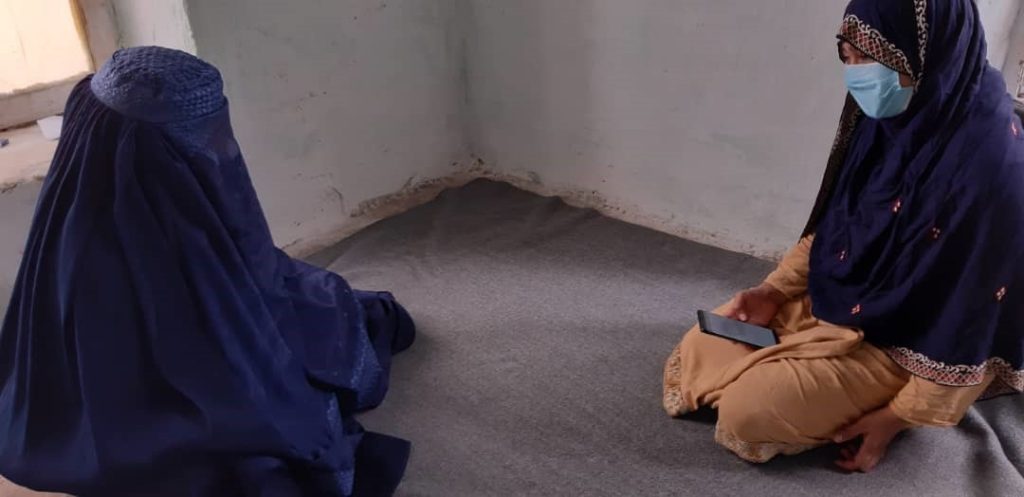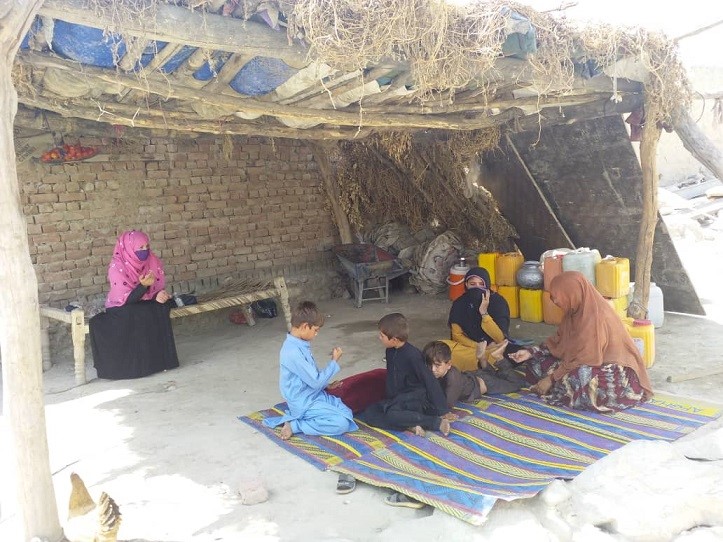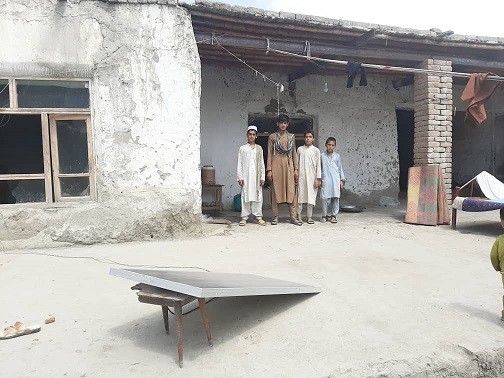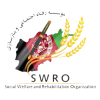The total target data collection is 612 joint household/ individual interviews. The process of interview and data collection successfully was completed within the time frame.
Social Welfare & Rehabilitation organization signed the contract with ACTED to conduct the need assessment in Laghman province. During the inception stage ACTED facilitated three-day KOBO training for SWRO enumerators. The participants of the training were seven enumerators (4 male and 3 female). The enumerators commenced the data collection from 8 August 2020 in site. The data collection was in the mode of interview from the affected and vulnerable communities taking into account gender aspect as well. The total target data collection is 256 joint household interviews which make a total of 512 individual interviews. The majority interviews were conducted at households’ level while few of the individual were individually. The process of interview and data collection successfully complete within the time frame.
Below is the table which reflects SWRO data collection in Laghman
Enumerators | Number |
Number of Enumerators NGO Staff | 7 |
Number NGO Full Time Staff | 7 |
Number NGO Part Time Staff | 0 |
Number of Enumerators Hired Just to Work on the Assessment | 7 |
Total Number of Female Enumerators | 3 |
Total Number of Male Enumerators | 4 |
Total Number of Enumerators | 7 |
Total Number of Assessments Completed | 512 |
Other comments regarding enumerators:
In the team we have had a mix of knowledge about the assessment. Some of the enumerators have had similar experience while some of them did not have. The training, coaching and day to day follow up of SWRO team leader with the enumerators did not only supervise the survey process. In general the team was competent enough to undertake the assessment. The team was well trained to look at all processes from gender, age and disability point while being culturally and gender sensitive. They have acted and taken into account do no harm and conflict sensitive issues which enabled them to be very interactive and to attract the respect and support of the communities. Their facilitation and communication skills helped them to seek cooperation and openness of all those who were interviewed. The team was strictly following accessibility such as assessing the situation from security point of view, understanding and coordinating their mobility to be very watchful to avoid IED and personal mines while visiting and returning to their home places. SWRO main office was daily in contact both with the team leader and with the data collector to mentor, exercise their duty of care toward staff and to ensure that they followed the guideline and methodology agreed during the training.
For the enumerator the data collection was both fun and enhancing their professional experience. The team appreciated SWRO and the rest who facilitated such opportunity for them.
KOBO Training | Details |
Location of Training (Province, City) | Nangarhar Province (Jalalabad City) |
Number of Days of Training | 3 full days regularly |
Number of Training Participants from NNGO | 07(3 Female and 4 Male) |
- What did the enumerators learn at the KOBO/ACTED training?
The SWRO all enumerators actively participated in the KOBO training and learnt the complete data entry system into KOBO Application.
KOBO: For some of the field staff who was new to KOBO and using technology in the survey, they learned a new life skill usable with no alteration. They found the KOBO much easier and faster comparing to paper based questionnaire.
- Additional comments regarding training:
SWRO found overall the training relevant, practical and very helpful not only to complete the ACTED assessment, but also the training is now asset for SWRO staff as well.
Explain why your NNGO participated in the WoA MSNA and why it was important to participate.
SWRO participated in WoA MSNA training because we have a presence in Nangarhar province and to play our role as local NGOs in the humanitarian response. The assignment has had multiple effects on the performance and institutional capacity building of SWRO. To implement humanitarian response undertaking this assignment was very critical for SWRO. SWRO team and organization as whole has better idea about data collection, analysis and developing the report for HRP.
Likewise, to support our international partner such as ACTED in a timely manner, collection of the data from the field where local staff from local NGOs have access to both secure and insecure areas including AOGs controlled areas, SWRO’s capacity was improved further in doing need assessment.
Describe health practices for enumerators and households participating in the assessment. Did ACTED provide masks and sanitizer for all enumerators every day? Were health practices followed during the assessment?
SWRO had concerns about the enumerator’s health in the field and the SWRO health adviser arranged a short online orientation for their enumerators and professionally guided them on how to work and take precautions in field while they conducted the assessment. Unfortunately ACTED does not provide any kind health tools such as (masks and sanitizer) for our enumerators; however, SWRO provided masks and sanitizer for their enumerators by themselves because our enumerators lives are our priority for us and SWRO strictly followed MoPH rules and regulations regarding to COVID-19. SWRO had surveillance of all staff members ensuring that they have social distance while travelling, collecting data.
If there were any problems during the assessment, describe them and explain how the problems were resolved. Consider health related issues including COVID-19, security, financial and other problems such as officials not allowing the assessments to be conducted, road closures, and/or households refusing to participate in the assessment?
SWRO faced some challenges during the assessment but SWRO professionally handled and solved these challenges. The foremost challenge was changes in security situation in the targeted area. When SWRO team started doing assessment in Laghman provinces we learnt that there were some insecure targeted locations. SWRO shared this problem with INSO for the purpose of obtaining update information about those locations. INSO confirmed that those locations were under AOGs control not the Government. Following that SWRO coordinated this concern with ACTED. Finally the targeted location was changed and the assessments were moved.
Regarding to COVID-19 SWRO arrange online safety session for their enumerators by SWRO health adviser and also provided them personnel protection equipment to enumerators such as (Masks and Sanitizers) and strictly follow up the issued in site on daily basis.
According to the SWRO project information sharing policy SWRO conducted a session about the project to enumerators on how to enter the community and how to communicate with community people and especially CDCs. Additionally, which kind of information should be provided to CDCs regarding to the project, which play a vital role so that SWRO does not face any problem during assessment while conducting the household assessment.
SWRO fully coordinated the project with the provincial government about the implementation of the project in Laghman province (Directorate of Economy and Directorate of Disaster Management and Humanitarian Affairs) and they were fully cooperative with us during implementation of the project and there were no issued from official sides.
What did your NGO learn by participating in this assessment?
This assessment played a key role in the improvement of the Need assessment section of SWRO. SWRO brought more positive changes on how to coordinate the project especially need assessments with community and CDCs, how to enter into the community for needs assessment and also to improve the coordination section with government and other stakeholders.
Additionally, SWRO improved the data collect system and analysis of data and how to develop the need assessment report.
Overall, we properly learnt of other points regarding to assessment which could help us in future assessments and this assessment provide more energy and new techniques with professional manners especially for the household assessment.
Do you have any recommendations?
SWRO does not have major recommendations however there are some concerns:
- It is better to coordinate the movement with INSO before actually executing the trip, which will save time and will reduce security risks.



